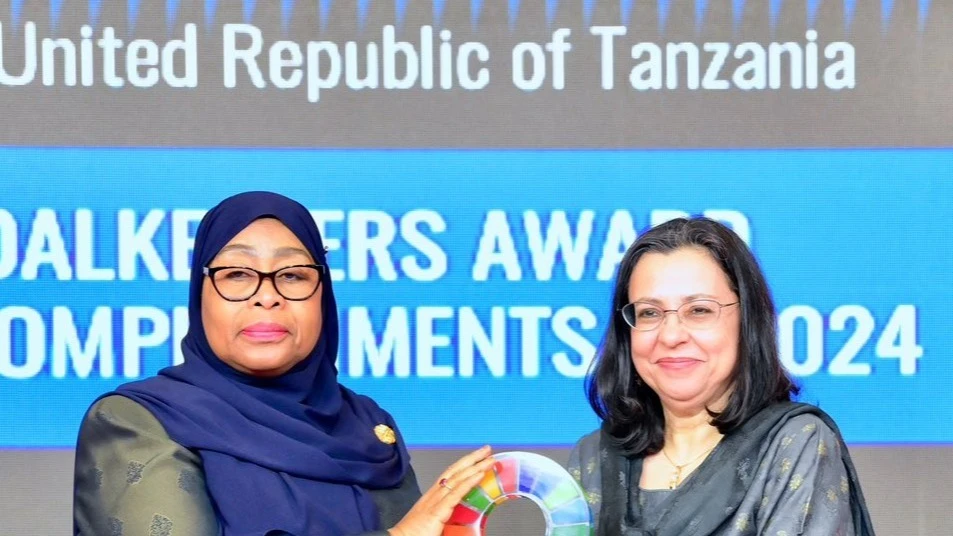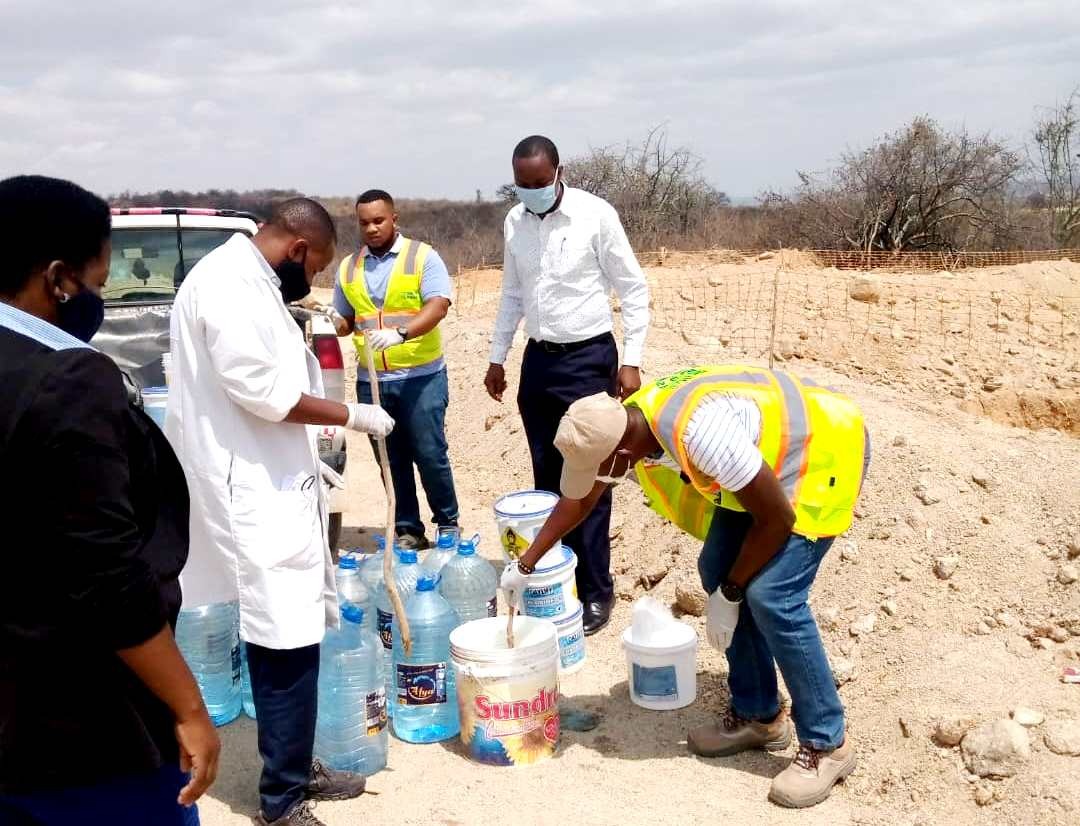Seaweed fertiliser: Coastal Biotech plans new factory

THE Tanzanian seashore is assuming a new role of becoming a major producer of organic fertilisers, as seaweed harvested from Zanzibar is a key raw material for environment friendly agricultural inputs.
Steven Sillah, the Coastal Biotech Ltd resident director heading the $20m seaweeds fertiliser project, made this affirmation at the Tanganyika Farmers Association (TFA) stakeholders meeting here at the weekend.
A similar factory is expected to be built on the Mainland early next year, he said, underlining that the wish is to get rid of chemical fertilisers and replace them by organic fertilisers.
Highlighting the importance of using seaweed to produce environment friendly farm inputs, he explained that a global shift is taking place from chemical inputs for organically grown crops. Organic farming is the only lifeline for local growers seeking to penetrate such markets, he stated.
The firm is a marine biotechnology entity whose research and innovation focuses on macro-algae and bio-based solutions as a core component to the food and feed industry, he said.
The company has just become a TFA member and the director set out plans for another factory, but even with another plant also relying on seaweeds from Zanzibar.
Experts are working on harvesting the marine raw materials from the Mainland shoreline, even as pundits say that the produce from Zanzibar is special, pointing out that the produce is pure, as the water around the two islands is less polluted.
“In adopting organic fertilisers, we could reduce the costs for farmers by 236 dollars per acre. That is just on the inputs,” he said, elaborating that with organic inputs the farm yields can rise by up to 35 percent.
Seaweeds, otherwise known as marine algae, are primitive non-flowering photosynthetic macrophytes occurring in tidal regions of seas and oceans, and they are natural renewable resources.
Being a TFA member gives the firm access to more than 5000 local growers ranging from small landholders to large commercial farmers, while plans are at hand to develop large-scale integrated macro-algae and bio-based bio-refinery solutions.
This will facilitate the production of bio-stimulants, bio-pesticides and feed additives, he said while TFA executive director Justin Shirima said of the current plans for a new factory, that it has the potential to revolutionize agriculture.
The organic fertiliser method originated in Germany, based on joint research programmes with a biotech higher education facility in Munich, a business hub south of Germany, he added.
Top Headlines
© 2025 IPPMEDIA.COM. ALL RIGHTS RESERVED






















